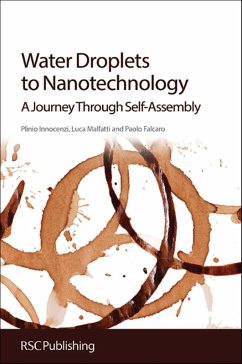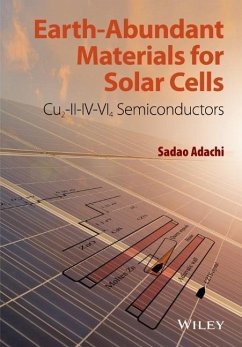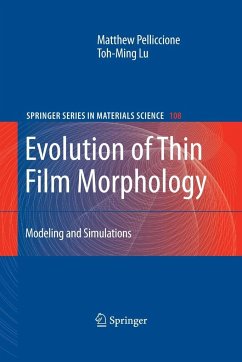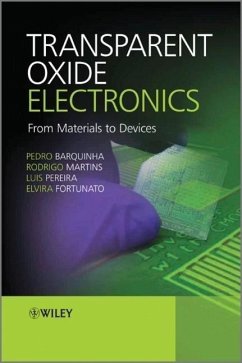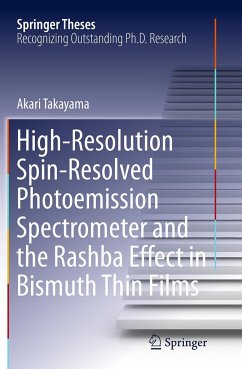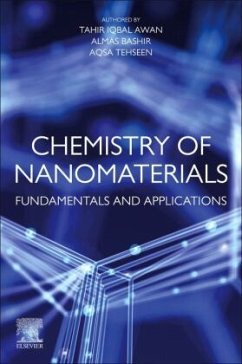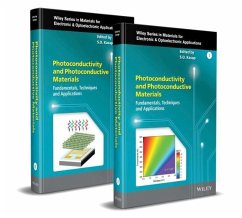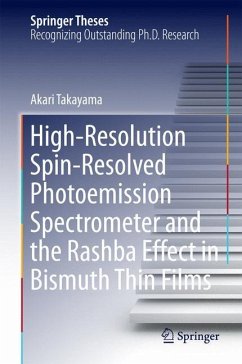
Semiconductor Nanowires
From Next-Generation Electronics to Sustainable Energy
Herausgeber: Lu, Wei; Xiang, Jie
Versandkostenfrei!
Versandfertig in über 4 Wochen
218,99 €
inkl. MwSt.

PAYBACK Punkte
109 °P sammeln!
Molecular scale semiconductor nanowires were first discovered in the late 90's, a few years after the emergence of carbon nanotubes. Since then there has been an explosion in research into their synthesis and understanding of their structures, growth mechanisms and properties. The realisation of their unique electrical, optical and mechanical properties has led to a great interest for their use in electronics, energy generation and storage. This book provides a timely reference on semiconductor nanowires including an introduction to their synthesis and properties and specific chapters focusing...
Molecular scale semiconductor nanowires were first discovered in the late 90's, a few years after the emergence of carbon nanotubes. Since then there has been an explosion in research into their synthesis and understanding of their structures, growth mechanisms and properties. The realisation of their unique electrical, optical and mechanical properties has led to a great interest for their use in electronics, energy generation and storage. This book provides a timely reference on semiconductor nanowires including an introduction to their synthesis and properties and specific chapters focusing on the different applications including photovoltaics, nanogenerators, transistors, biosensors and photonics. This is the first book dedicated to semiconductor nanowires and provides an invaluable resource for researchers already working in the area as well as those new to the field. Edited by leading experts in the field and with contributions from well-known scientists, the book will appeal to both those working on fundamental nanomaterial research and those interested in their commercial applications.



